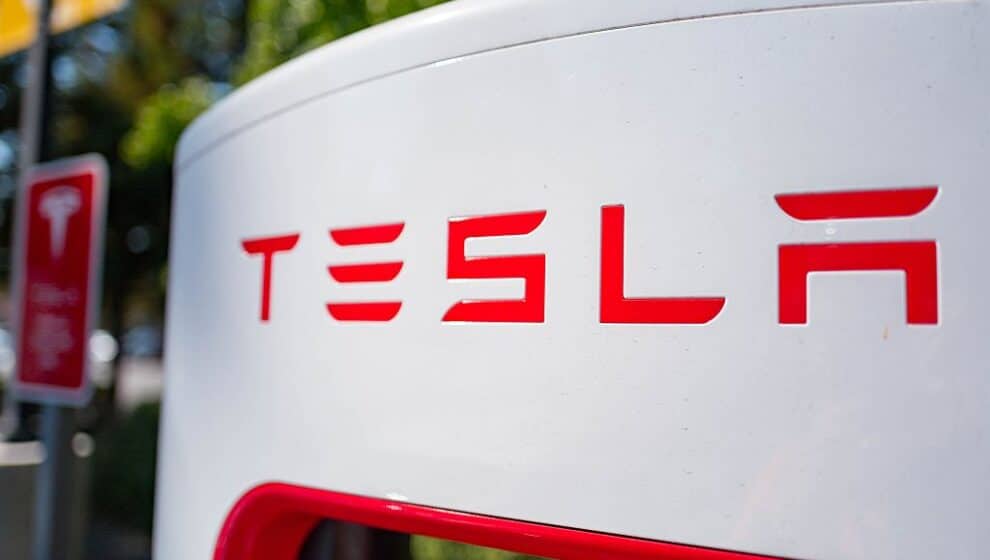Electric vehicles (EVs) sales made up 10% of vehicle purchases worldwide, representing spectacular growth in this fledgling industry.
Key Details
- Research groups LMC Automotive and EV-Volumes say that EVs grew to a 10% market share of the global automotive industry in 2022.
- Higher demand in Europe and Asia has spurred greater demand for EVs, resulting in the sale of 7.8 million new units, a 68% yearly increase from 2021.
- EVs represent 11% of European sales and 19% of Chinese sales, LMC notes. They represent 25% of new German cars.
- The U.S. has yet to see nearly as high an increase in sales, with just 807,180 or 5.8% of new EVs, The Wall Street Journal reports.
Why It’s News
The increasing demand reflects the overall demand for clean-energy solutions as the world begins shifting toward net-zero carbon emissions by 2050, a lofty goal that world governments are looking to enforce by ending the production of fossil fuel-burning cars by 2035. With EVs becoming more popular, it is only a matter of time before their production overtakes gas-powered cars.
“Last year, every fourth vehicle we sold in China was a plug-in, and this year it will be every third auto. We haven’t reached the tipping point yet, but we’re expecting to get there between 2025 and 2030,” says Volkswagen AG Ralf Brandstätter.
Backing Up A Bit
Automotive manufacturers have responded to the demands of world governments in the past year by promising to ramp up EV production and slowly phase out gas cars. The signing of the Inflation Reduction Act and the European Sovereignty Fund have created enormous subsidies for EV production, leasing subsidies, and buyer tax credits.
Manufacturers like Porsche, Ford, and Dodge have responded by raising funds for new production efforts, sourcing new sources for battery raw materials, opening new factories, and showing off EV concept cars. Tesla is currently in the process of finishing its Cybertruck and EV semi-truck models.
The Problem
As we previously reported, the ramp-up may go differently than world governments hope. The International Energy Agency is predicting fossil fuel consumption to increase through 2050. Toyota’s CEO encouraged “realistic expectations” that gas-powered vehicles would continue to be necessary in the immediate future. The world is also facing supply chain shortages and a shortage of materials necessary for battery production, meaning new vehicle production may slow until new materials are sourced.
“Demand is likely to weaken in the coming year. The weak economy will cause retail and business consumers to be more reluctant. And it is possible that supply will outpace demand, and we will begin to see discounts again,” says auto analyst Peter Fuss.
Notable Quote
“Tesla is still the world’s dominant EV maker, but conventional automakers are shortening its lead with new electric-model launches. Ford is now the second-largest EV maker by sales in the U.S., followed by Hyundai Motor Co. and its affiliate Kia Corp. Meanwhile, General Motors Co., VW, and Nissan Motor Co. lost EV market share in the U.S. last year,” The Wall Street Journal says.

